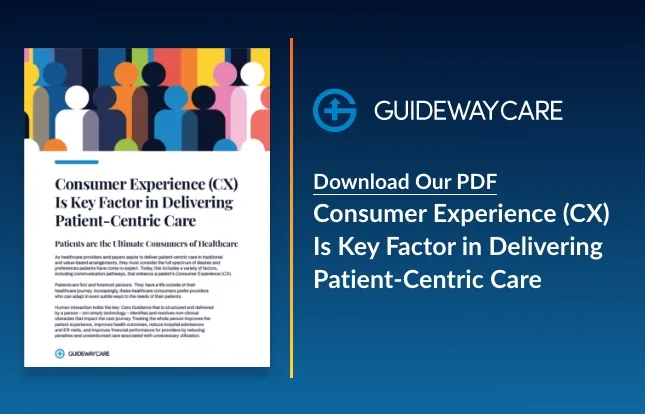What Is the Impact of Patient Wait Times on Customer Satisfaction?

Long wait times at healthcare facilities are frustrating and inconvenient for patients. Besides the immediate discomfort, prolonged waiting can affect overall patient satisfaction. While the rise of alternative healthcare facilities has reduced wait times in various health facilities, understanding the effect of wait times on patient satisfaction scores is crucial. Let’s explore how wait times affect customer satisfaction.
Psychological Impact
Long wait times have a substantial psychological impact on patients. As patients wait, their anxiety and frustration increase, affecting their perception of the quality of care negatively. The uncertainty of the waiting period adds stress and makes the entire healthcare experience more unpleasant. When patients can see the doctor faster, they form a positive mindset and influence their interactions, showing a correlation between patient wait times and satisfaction.
Perception of Care Quality
Patients often associate long wait times with poor service quality. Patients who wait long before seeing a healthcare professional might assume the provider needs to be more organized and efficient. This can lead to low wait times and patient satisfaction scores and ruin the perception of care received. Even if the patient care navigator offers exceptional medical care, the initial negative impression during the wait can persist, affecting patient satisfaction and loyalty.
Read more: Which Social Determinants of Health Lead to Low Care Quality vs. High Healthcare Utilization
Patient Retention and Loyalty
Patient wait times and satisfaction are crucial in determining retention and loyalty. If patients experience long wait times, they are more likely to seek alternative healthcare providers who offer more timely service. Patient loyalty is vital for maintaining a steady patient base in an increasingly competitive healthcare market. By reducing wait times, healthcare providers can enhance patient satisfaction and build stronger relationships, leading to higher patient retention rates.
Operational Efficiency and Wait Times
Improving operational efficiency is vital to reducing patient wait times. Healthcare providers can implement various strategies to streamline processes and enhance patient flow. Adopting electronic health records (EHRs), improving scheduling systems, or using patient flow management software can minimize wait times.
Patient wait times are critical in influencing customer satisfaction in healthcare settings. Long wait times can cause increased anxiety, negative perceptions of care quality, and decreased patient loyalty. While the emergence of alternative healthcare facilities has provided patients with more options and reduced wait times, healthcare providers must prioritize operational efficiency and effective communication to ensure a positive patient experience. Contact us at Guideway Care for professional help in addressing the issue of patient wait times. We leverage extensive expertise and knowledge to enhance overall satisfaction and build stronger, more loyal patient relationships.
Contact Us Today To Learn How We Can Help
"*" indicates required fields




